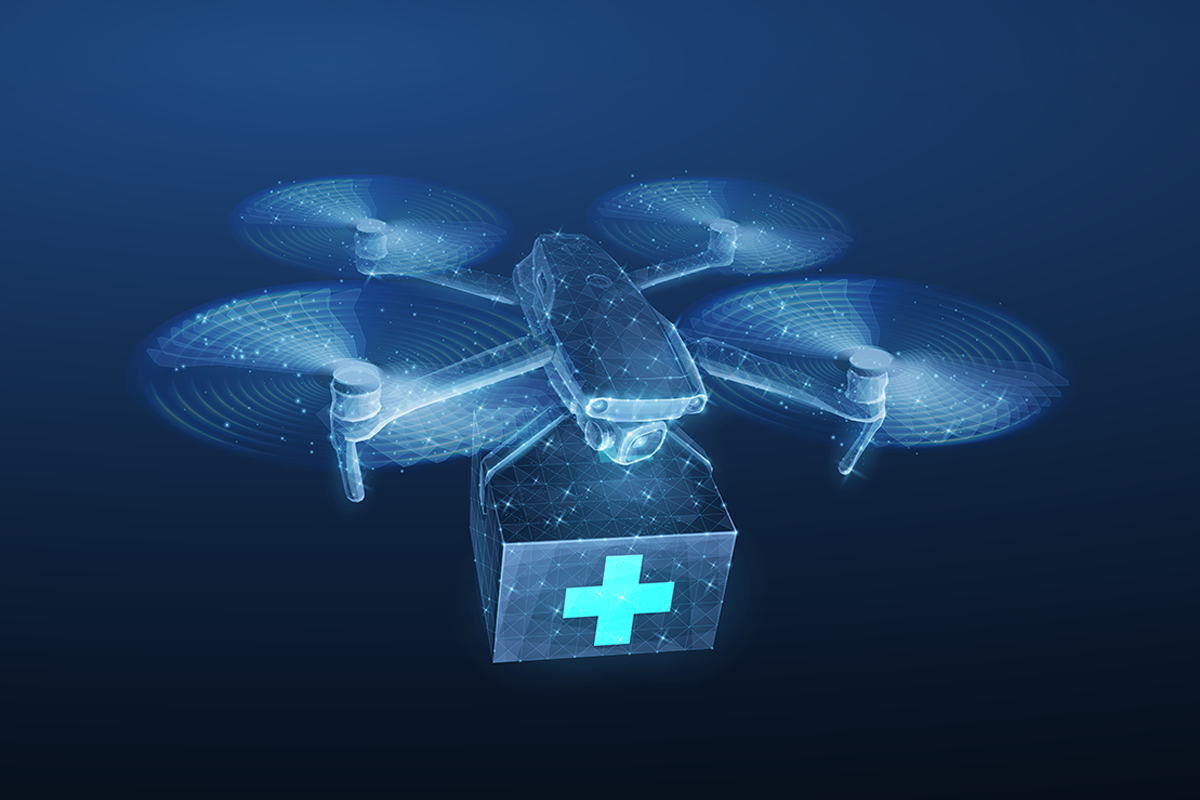Innovative solutions are taking flight! In a revolutionary effort to tackle mosquito-borne diseases, researchers have harnessed the power of drones to deploy bacteria-infected mosquitoes in Fiji. This cutting-edge technique aims to reduce the spread of illnesses such as dengue, which currently threatens half of the world’s population.
Dengue fever, a viral disease spread by the Aedes aegypti mosquito, has surged alarmingly. The Pan American Health Organization (PAHO) reports a staggering 233% increase in cases during the first 28 weeks of 2024 compared to the same period last year. This spike highlights the urgent need for effective disease control strategies. While most dengue patients recover after a short illness, approximately 1 in 20 can develop severe and potentially fatal complications.
In response to this crisis, the World Mosquito Program has pioneered a novel approach involving Wolbachia bacteria. These bacteria, harmless to humans and the environment, are naturally found in many mosquito species and can prevent viruses like dengue from thriving in mosquitoes. By blocking the virus within the mosquitoes, Wolbachia reduces the chance of disease transmission to humans.
This method’s effectiveness was first proven in Yogyakarta, Indonesia, in 2017, where releasing Wolbachia-infected mosquitoes led to a 77% reduction in dengue infections. Buoyed by this success, scientists have collaborated with robotics experts to develop an automated mosquito release system using drones.
In a recent study, field trials in Fiji began with a 4-week test in Nakasi. Drones released mosquitoes marked with fluorescent powders, allowing researchers to track and recapture them, ensuring the release system’s efficacy. The study’s second phase covered a larger area in Nausori, where an average of 155 mosquitoes per hectare were released weekly over 16 weeks, introducing around 31,000 Wolbachia-infected mosquitoes into the local population.
One year post-trials, results were promising, with nearly 60% of the local mosquito population carrying Wolbachia. This success lays the groundwork for developing advanced dosing mechanisms, long-range delivery platforms, and improved mosquito-handling systems.
As climate change expands the range of Ae. aegypti mosquitoes, more people are at risk from the diseases they carry, making innovative solutions like drone deliveries increasingly crucial. The success of drone use in Fiji signifies a major advance in the global fight against mosquito-borne diseases, offering a scalable and efficient method to protect vulnerable populations.
With continued refinement and broader application, this aerial strategy could revolutionize disease control efforts globally, offering hope to millions living in high-risk areas. The collaboration between scientists and robotics experts showcases how advanced technology can be leveraged to address urgent public health challenges, paving the way for a healthier future.







